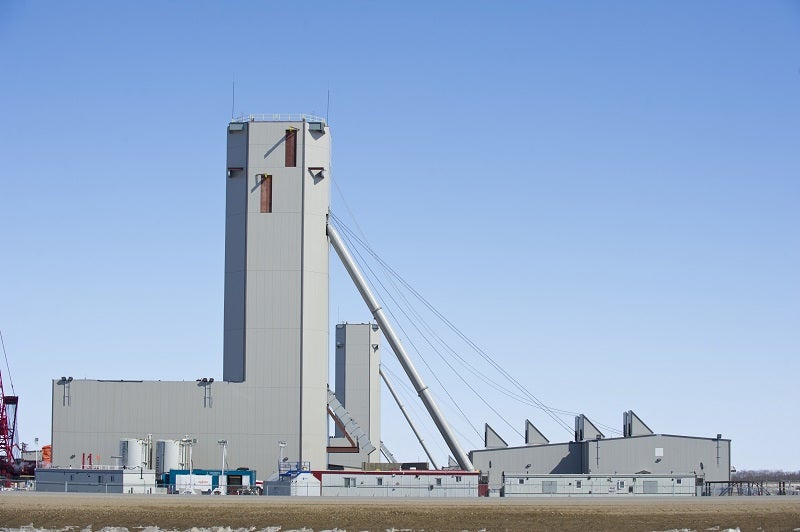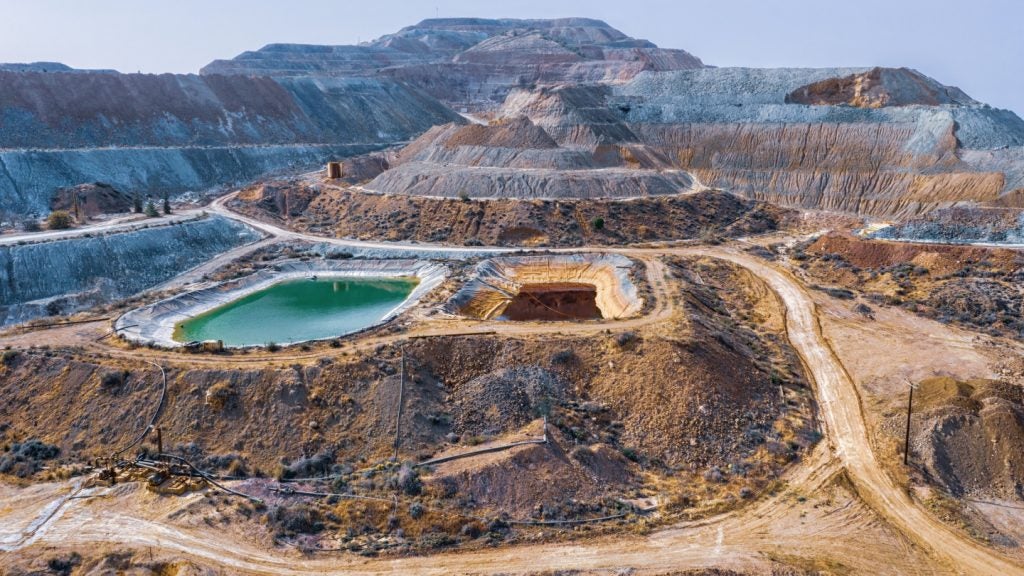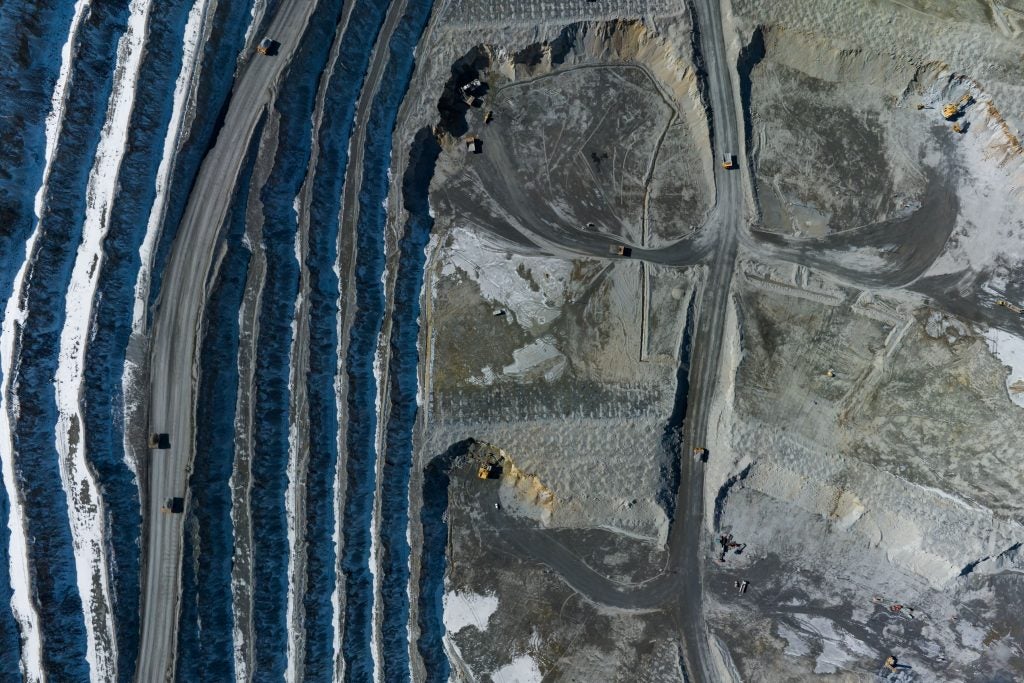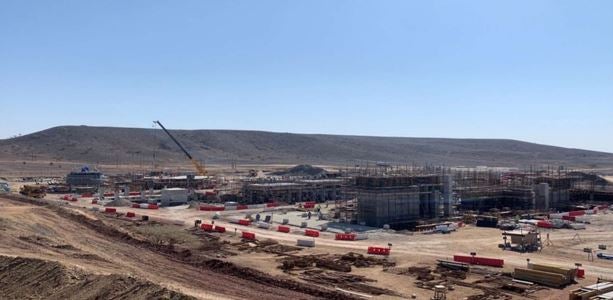
The Canadian Government is spending C$100m ($74.9m) to support the development of BHP’s low-emissions Jansen Potash Project in Jansen, Saskatchewan.
The investment will be made through the Strategic Innovation Fund and forms part of Canada’s efforts to support its mining sector to contribute to its transition toward a low-carbon economy.
Subsidiary BHP Canada is planning to develop the potash underground mine in phases with the first phase estimated to cost $5.7bn.
Expected to generate the world’s lowest direct emissions of any potash, the mine will have an initial production capacity of 4.3 – 4.5 million tonnes per annum (Mtpa).
Canada Innovation, Science and Industry Minister François-Philippe Champagne said: “This project will lead to the creation of hundreds of well-paying jobs for Canadians while also encouraging green initiatives in the mining industry.”
Upon commissioning by 2026, the mine is expected to increase the country’s critical mineral production by nearly 22%, thus making it one of the world’s top producers.
Canada Minister of Natural Resources Jonathan Wilkinson said: “Critical minerals are the building blocks of the low-carbon economy, and as the world moves toward net zero by 2050, demand for materials like potash will only increase.
“Through a historic investment in this project, the first major potash mine in over 50 years, we are supporting economic growth, enhanced sustainability and the creation of jobs.”
The Jansen underground mine is expected to produce 8Mtpa of marketable potash, at full capacity.





